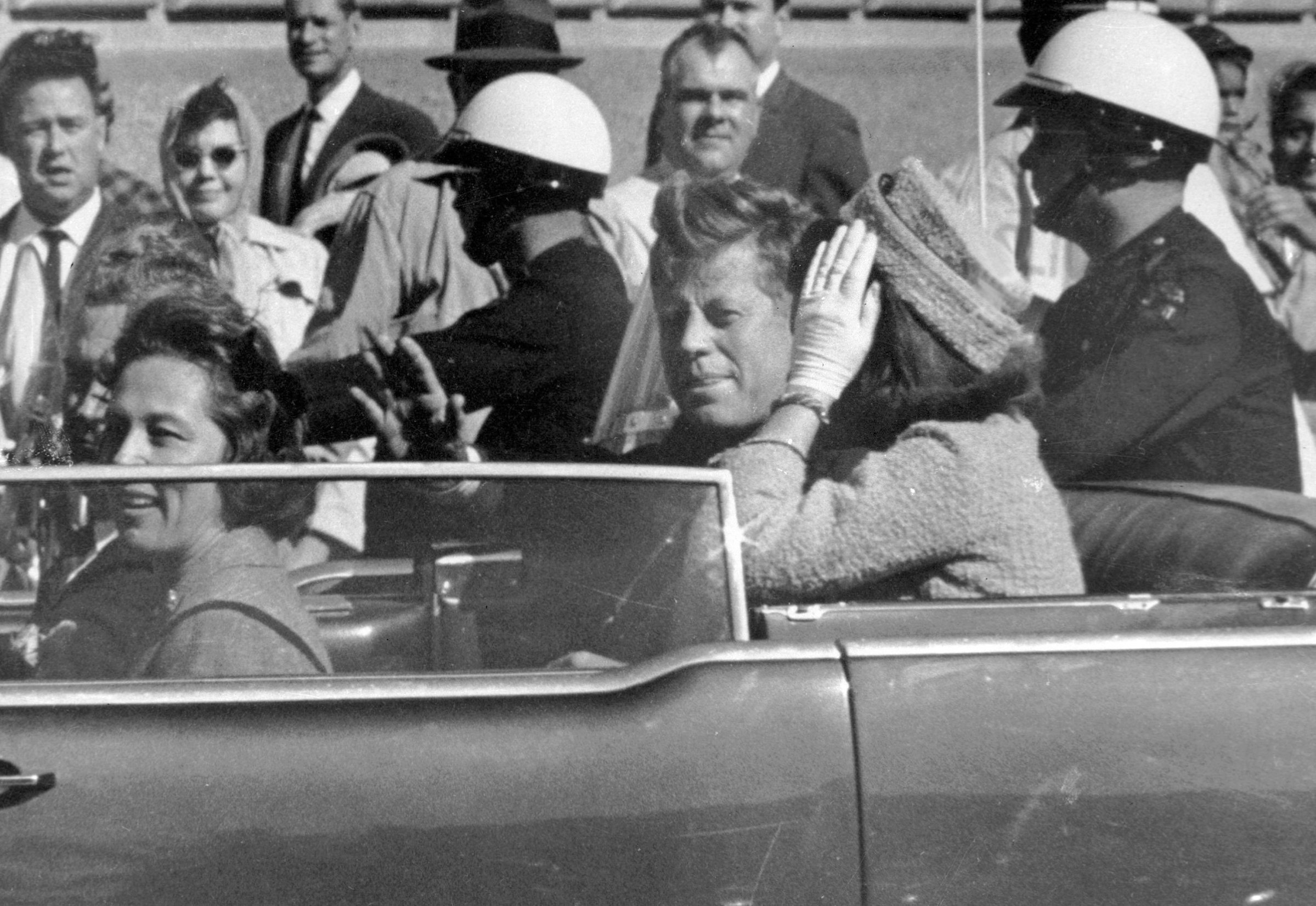
Schlossberg, President John F. Kennedy’s grandson, is a student at Harvard Law School.
The reaction to the declassification of the remaining files about President Kennedy’s assassination demonstrates how easily our focus can shift away from important issues onto myths, drama and conspiracy. Stories like this one have the power to confuse and distract, and they have come to play an increasingly large role in our national discourse. We must not become perpetually distracted from the great challenges facing our country and the world.
Surely I understand that my grandfather’s assassination was a national tragedy, an important event that shaped the history of our country, the 20th century and many individual lives. President Kennedy’s life and death represent both what is possible in America, and all of the work left undone.
His death impacted my family in immeasurable ways, but we honor him by celebrating his life and all he achieved in it. His legacy lives on in all those who answer his call to service. His unwavering optimism and faith in America provides an inspiring alternative to the divisive country we now live in.
For decades, conspiracies surrounding his death have shifted focus away from the important lessons of his life and the critical issues of the moment. They continue to do so today. Common to almost all the recent coverage is a concession that the files contained no particularly revealing or transformative insights: A newsworthy story without much newsworthy information.
To be sure, declassification is a good thing for a democracy. The more government transparency, the better.
But the extent to which the release has been made into a drama, first about the potential release of these files, then the release itself, then a recounting of the most popular conspiracy theories, is one example of how impulsive and frenetic our public dialogue has become. #JFKFiles is trending online while “breaking news” alerts us of brand-new, never-before-heard speculative hyperbole.
The assassination storyline is driven by myth and drama, not substance, and so it is not unlike the current personal dramas and intrigues commanding our discourse daily. These types of stories do not just make the news today, they dominate it.
There are too many important problems that demand our thoughtful attention for this escalating trend to be acceptable. Climate change threatens the future of life on this planet. Systemic racism and discrimination still prevent too many Americans from fulfilling their potential. Income inequality is rising and wealth is grossly concentrated at the top. Our government is trying to take health care away from millions of citizens. America is upending decades of carefully crafted alliances at the expense of our national security. I could go on and on, but then I might miss the next update on what isn’t in the JFK files.
While distracting news will always be around, a political and media environment fixated on sensational drama is not predetermined or inescapable.
Nobody is going to think critically for us. Each of us has the individual responsibility to maintain perspective, or at least to try. We can control our clicks, what we choose to share online, what we talk about with friends and what we contemplate alone. If we want to solve important problems, we have to pay attention to them.
More Must-Reads from TIME
- Cybersecurity Experts Are Sounding the Alarm on DOGE
- Meet the 2025 Women of the Year
- The Harsh Truth About Disability Inclusion
- Why Do More Young Adults Have Cancer?
- Colman Domingo Leads With Radical Love
- How to Get Better at Doing Things Alone
- Michelle Zauner Stares Down the Darkness
Contact us at letters@time.com